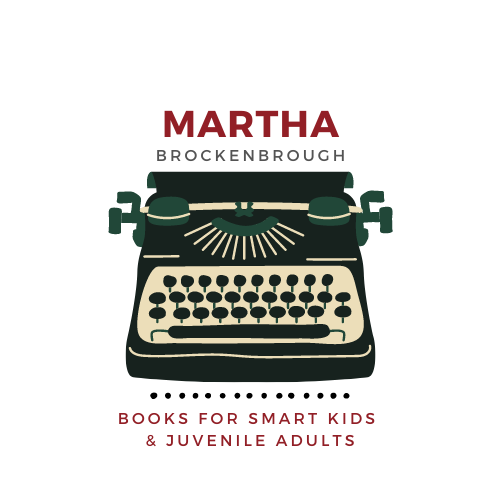
There are lots of reasons to attend a national SCBWI conference. Among the best, though, is the chance to hear wisdom and inspiration from today's finest authors.
This August, we'll hear a keynote from Cynthia Kadohata, a National Book Award winner for The Thing About Luck, and a Newbery Medalist for Kira-Kira. The author of eight books for young readers, Cynthia was kind enough to answer a few of my questions. Curious about diversity in children's literature, Cynthia's best writing advice, and her favorite kind of taco? Read on!
Conference registration is open and conferences tend to sell out, so if you'd like to give your career a boost, sign up soon.
There's been a lot of discussion lately about diversity in literature. What are you trying to bring the world with the stories you write?
Apparently books by authors of color represented about 7 percent of all children’s books published in 2013. That makes my heart sink. That said, I don’t have a particular agenda when I write a book. I pick something I feel passionate about and I write it. My book Half a World Away, which comes out September 2014, has a white protagonist.
I want the stories I write to feel universal to readers whatever race is the main character. My mother once told me, “The more specific, the more universal.” I really agree with that and think if you write something as specifically as you can, the result will almost magically be universal.
For instance, my father’s life of hard labor inspired both Kira-Kira and The Thing About Luck. I wrote specifically about the hard work by a Japanese-American family in those books, but I hoped hard work by blue-collar employees is something relatable to all races. But I never, ever think about these things when I’m writing.
The emotional scenes in your book are so clearly drawn and resonant. In The Thing About Luck, for example, the grandmother's illness is so potent you can feel it progress. How do you prepare to write scenes like that? And how do you make them powerful and restrained at the same time?
As I write, I have to feel the way the character must feel. It can be almost a self-hypnosis kind of thing where I focus really hard on each scene until I can “catch” the feelings of a character.
Sometimes I can rely on my personal experiences, but other times I need to do research, and research is a big part of my process.
With Kira-Kira, I wrote a draft and put it in an envelope for my editor. Then something happened that devastated me and shook me to my core on the same day as I put the manuscript into an envelope. My boyfriend suggested I write down everything I was feeling. So I did, and later I put it verbatim into the manuscript, which I ended up sending to my editor after I’d worked on it further for a month. If there’s no personal experience involved, then once I’ve done the research, I have to catch the character’s feeling and write it down as quickly as possible before I lose it. There’s urgency involved, because I don’t have much time before I lose it—I feel like it’s a matter of a few hours, sometimes less. This probably sounds wacky … Anyway, that’s part of what I’m going to speak about at the conference.
What's the best piece of writing advice you ever got? What's your favorite writing advice to give?
The best advice I ever came across and the same advice I would give is “Make a mess, then clean it up.” That’s how I always write. For my first draft, I just rush through it in a month or so, and then I edit it over and over and over. Then my editor edits it over and over and over. So the “cleaning up” part takes much longer than the “make a mess” part.
Cleaning up can take two years. I absolutely cannot try to perfect each sentence in a first draft. It would take so long, and I don’t think what I wrote during the cleaning up phase would be very good. The rush of emotions I get in that first month of writing a book wouldn’t come to me if I tried to perfect each sentence. That’s probably a personal matter—some writers might feel differently.
Another way of interpreting “Make a mess, then clean it up” is that when you’re plotting, you can put the character into a mess, and then you clean up his/her mess.
Three tacos at a time, eh? What are your favorite kinds?
I only like beef ones! I’ve tried fish or chicken tacos a million different times, and I’ve never liked them. But beef ones—I LOVE them!

More about Cynthia:


